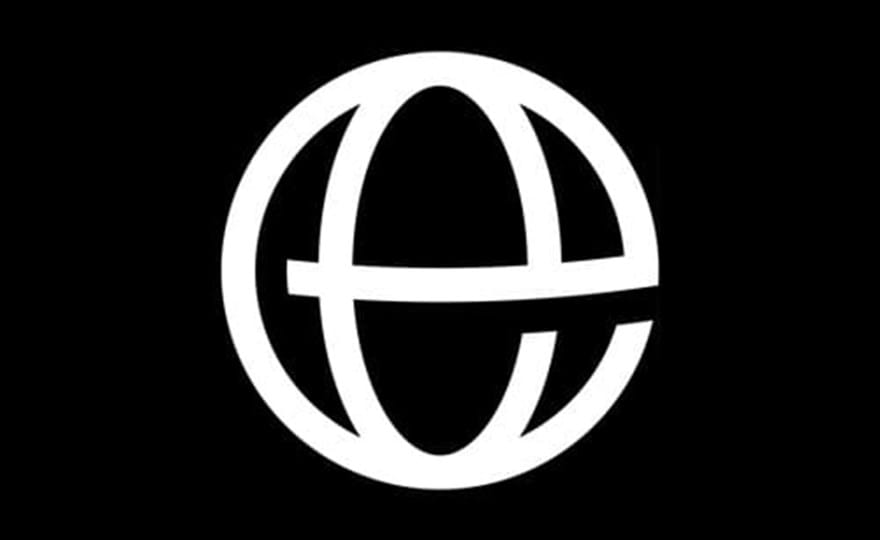ClientEarth Communications
1st January 0001


Environmental group Za Zemiata Access to Justice has launched a court case after the Balkans’ largest coal plant was awarded indefinite permission to expose thousands of people to dangerous levels of mercury and sulphur dioxide. Lawyers at ClientEarth are providing support in the challenge.
Pollution from the Maritsa East 2 plant in Bulgaria blankets the nearby town of Galabovo, which charts the highest levels of sulphur dioxide (SO2) pollution in the EU, breaching the legal limits all year round. These levels of pollution pose a major health threat to people living there.
For each megawatt hour of electricity Maritsa East 2 produces, it racks up an estimated €93 in health costs – compared to an average of €53 for all EU power plants.
Bulgaria’s Supreme Administrative Court has already noted the major pollution issues in Galabovo during a case about another plant (Brikel TPP). It led to the court denying Brikel an expansion.
New EU pollution rules that drastically cap toxic emissions from industrial plants are designed to significantly reduce the health burden on towns like Galabovo. But the Bulgarian government has granted Maritsa East 2 permission to evade the new rules indefinitely.
This ‘derogation’ allows the plant to emit over four times the legal limit for both SO2 and mercury – both toxic substances which pose major health concerns. But no explanation has been given as to how this can be justified, in spite of a recent court ruling.
Mercury is a highly toxic substance and like SO2, has serious health and ecological implications – threatening lifelong issues to the nervous, digestive and immune systems and jeopardising the development of unborn children.
ClientEarth lawyer Dominique Doyle said: “Permission to circumvent these rules can only be granted in the most extreme situations and must always be stringently and publicly justified. The health impacts of Maritsa East 2 are overwhelming, but the public is completely in the dark. It is difficult to understand how the EEA would justify compromising people’s health.”
Maritsa East 2 is the only coal plant owned by state company Bulgarian Energy Holdings (BEH) – yet the dirty credentials of this one plant alone propelled BEH into 2018’s top ten most harmful coal companies in the EU. Its staggering pollution levels mean BEH’s pollution footprint is comparable to companies like RWE in Germany, which have multiple sizeable coal plants to their name.
Maritsa East 2, which is in considerable financial trouble, is the first coal plant in the EU to receive a derogation from the new limits, which came into force in August 2017.
The derogation comes just weeks after doctors and health experts, represented by the Health and Environmental Alliance (HEAL), unanimously recommended against any Bulgarian derogations and pointed to the significant societal costs of over-polluting coal plants.
Respiratory specialist Dr Alexander Simidchiev, who was among those who wrote to ministers to protest derogations, said: “Implementing these new pollution limits would result in specific and measurable health benefits for Bulgaria and the rest of the EU. This is a tangible opportunity to prevent avoidable premature deaths, cases of adult bronchitis, asthma attacks in children and billions of Euros in lost labour and health costs each year.”
Maritsa East 2 is heavily reliant on state subsidies and yet the toxic plant is still incapable of limiting its pollution. Campaigners say the pressure is on authorities to plan for a future beyond coal.
Genady Kondarev, campaigner for Za Zemiata Access to Justice, said: “Regional and national governments – in Bulgaria and across the EU – must urgently start planning for a future beyond coal – not finding ways to undermine the law to prop up a failing industry. Policies must secure clean, renewable energy developments that provide thousands of good jobs. It is the only way forward.”
Alternative sources of energy are untapped in Bulgaria and would prove transformative for the economy and quality of life. If one in seven Bulgarians produced their own solar energy, it would fulfil over 25% of the country’s energy needs.
Article 13 of the Air Quality Framework Directive requires Bulgaria’s Executive Environment Agency to ensure that the level of SO2 in ambient air does not exceed the following limit values:
1. Hourly limit: 350 µg/m3, not to be exceeded more than 24 times a calendar year:
• In 2017, the monitoring station in the town of Galabovo reported 117 hourly exceedances of sulphur dioxide, almost 5x the legal maximum.
• From January 2018 to November 2018, the monitoring station in the town of Galabovo reported 71 hourly exceedances of sulphur dioxide, almost 3x the legal maximum (note: there were no records for September due to technical problems and the results from December have not been uploaded).
All exceedances were attributed to the Maritsa East complex.
2. Daily limit: 125 µg/m3, not to be exceeded more than 3 days per calendar year:
Za Zemiata Access to Justice is an environmental campaign coalition comprised of Za Zemiata (Friends of the Earth Bulgaria), Greenpeace Bulgaria and Bankwatch. Miss Dominique Doyle is an Australian-qualified lawyer.